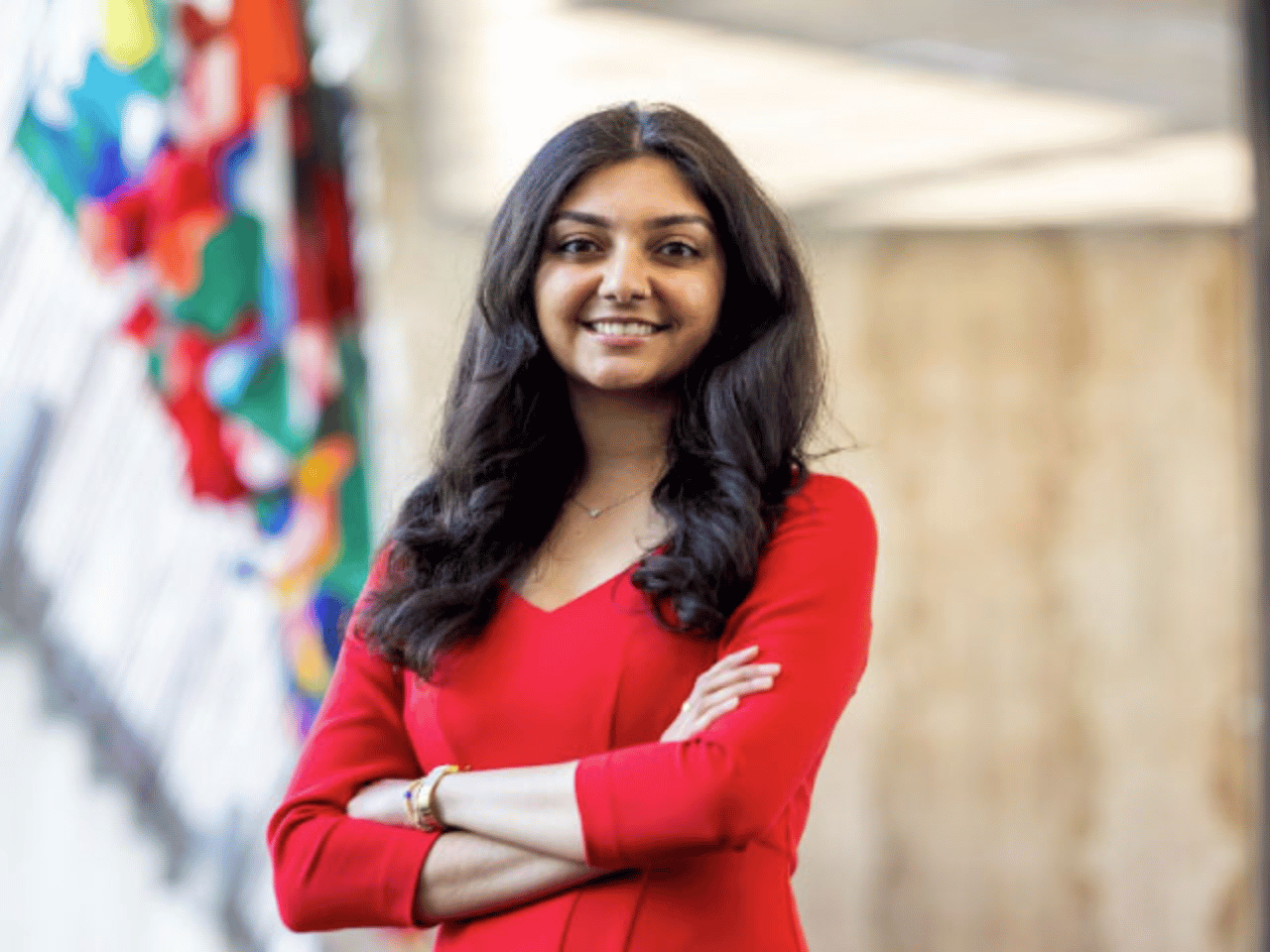For students like Ashni Patel, who interned at the U.S. State Department in the spring, living in Washington was a dream come true. But the reality of working 40 hours a week plus completing her coursework took some adjustment.
“It’s very different than just being a student,” says Patel, a senior international affairs and economics major from Douglas. “In Athens, I stay really busy with extracurriculars in school and friends and everything, but it’s totally different when your life and schedule are dictated by going to work at 9, coming home at 5, and then also going to school right after that.”
Because of the challenge, the Washington Semester Program staff aims to select students who’ve shown a strong work ethic.
“We want to be sure that every time someone interacts with a University of Georgia student, they’re impressed by them, that they feel like we are representing the best of all students across the country,” says Don DeMaria, director of the Washington Semester Program.
A few weeks into the spring semester, Patel settled in and started enjoying the fascinating experience. Sitting through hours-long hearings and taking notes might not sound like a highlight of anyone’s week—much less semester. But Patel geeked out when she attended a five-hour congressional hearing of Secretary of State Antony Blinken.
“Just being in the room with some very important people and hearing them talk about what’s going on in the world,” she says, “you learn so much.”
But it’s not just being in the room with world leaders that pushes these students forward. Like many students in the program, Patel was charged with taking meeting notes or researching topics for her supervisors. So she had to learn the new skill of condensing an hours-long hearing into readable, bite-sized snippets for officials in their office to digest on the go.
“You can’t write anything more than one page or no one’s going to read it,” Patel says. “So learning how to do short-form policy writing for senior officials has been really valuable.”
That form of communication is common in the government and policy world and gives students an advantage when seeking a job.
But Patel’s most valuable takeaway was a confirmation of her career goals.
“I always thought I’d be a civil servant and work here in D.C. But being here has truly opened my eyes that doing something in the foreign service is really exciting,” she says.
Even after a 40-hour work week, students aren’t done.
Twice a week, students meet for required courses taught in Delta Hall. One is a weekly seminar that brings guests to talk about their careers and answer students’ questions. Many speakers are UGA alumni, like Leigh Hildebrand JD ’00, the U.S. Senate’s senior assistant parliamentarian.
“There’s a reason why we have a seminar, and one of the biggest is to get the students all together once a week to talk about their experiences, share their success, meet someone who has had a career on Capitol Hill, and learn from that person and their experiences,” says DeMaria.
DeMaria points to the body of education research that has examined high-impact learning practices.
“It’s clear that student reflection means students don’t just get valuable experiences but that they learn from them,” he says. “Each week is an opportunity to gain a deeper connection between coursework and their internship, so they continue to grow.”
Of course, with full-time jobs and a full course load, there’s not always a lot of downtime. But students still find time to visit museums and historic landmarks, maybe catch a Washington Nationals baseball game, or dine out together at a restaurant.
“Basically managing being a full-time student and working full time is not for the faint of heart,” says Caroline Schneider, a senior who interned at the Justice Department in the spring. “Sometimes fun is just a movie night or a game night here because we’re all in the same boat.”




